Parents push to ban LGBTQ books
SRV, Dublin school districts face challenges
Cal High’s library displays some of America’s most banned books during its annual celebration of Banned Books Week.
Local parents have pressured San Ramon Valley Unified School District and other nearby districts to ban books with LGBTQ content as a wider trend of queer book banning that is spreading across the country.
“Carry On” by Rainbow Rowell, “Melissa’s Story” by Alex Gino, and “57 Bus” by Dashka Slate were challenged by parents from Dougherty Valley High School, Charlotte Wood Middle School, and Dublin Unified School District, though none have been banned. All three feature prominent LGBTQ characters.
The 2021-22 school year saw nearly 140 school districts in 32 states banning more than 2,500 books, according to the non-profit human rights organization Pen America. Of these books, more than 40 percent are titles that address LGBTQ issues.
“I think that [book banning] is a form of censorship and limiting our freedom of speech,” Cal High librarian Jessica Bailey said. “To me, it is problematic and troubling in a lot of ways.”
Junior Ada Wang agrees with Bailey and said that possible book bannings could potentially harm children’s upbringings.
“If you don’t want a child to read something, it cuts off so many world experiences and thought perspectives,” Wang said. “It kind of leads to a more closed minded view when you grow up.”
The first book to come under attack was Slate’s “57 Bus”, which contains a nonbinary character. Cal librarian Nikki Ogden said parents in the Dublin school district expressed frustration about the book being taught in eighth grade and sought to have it removed from the course materials.
“It was something that basically went up the chain,” Ogden said. “There was conversations with teachers, parents and administrators. It went all the way to the superintendent to make a decision on whether or not they would keep it as a book to be taught in school.”
To settle the issue, Dublin Superintendent Chris D. Funk rejected the challenge and allowed teachers to continue teaching the book.
But this was just the first of several similar challenges.
At Dougherty, Rowell’s “Carry On” was challenged because of the main character’s homosexuality. A Dougherty parent asked for the book to be removed from the school’s library, prompting a meeting between the parent and Dougherty Principal Evan Powell.
Powell and the parent came to an agreement that the book would remain in the library.
Dougherty librarian Allie Hussenet said book banning prevents librarians from doing their job of empowering readers and ensuring students have what they need to succeed.
“I understand if a family decides, within the confines of their family, that they don’t want their child to read a specific book,” Hussenet said, “but I am against banning a book and taking it out of the library so that no one can read it.”
Many Dougherty students, including freshman Nicholas Wong, also disagree with the motion to ban “Carry On” because he said it would be a violation of the United States’ founding principles.
“America is a country that prides itself on freedom of speech,” Wong said. “It’s one of the most important parts of our Constitution and our Bill of Rights. I don’t think censorship on any topic should be allowed, especially in a public school.”
Gino’s “Melissa’s Story”, which contains a transgender character, was questioned after a Charlotte Wood student picked it for a book club. When her parents found out, they went to the school to complain about the district allowing students to read the material.
“There was a lot of conversation and pushback about whether the book should even be allowed,” Ogden said. “Ultimately, it was allowed.”
While none of the locally challenged books have been banned, school districts across the nation have banned other LGBTQ books, such as “Gender Queer” by Maia Kobabe, “Lawn Boy” by Jonathan Evison, and “All Boys aren’t Blue” by George M. Johnson. These books are on the Top 10 Most Challenged Books List of 2021, according to ala.org.
Some of these books were featured in Cal’s Banned Books Week, an annual event that brings awareness to censorship and freedom of reading. At the event, which ran from Sept. 18-24, students spoke out against book banning.
“I feel like they [LGBTQ books] shouldn’t be banned because I think younger kids need to be aware of this,” junior Rachel Sears said. “When I was in elementary school, I kind of just knew about [LGBTQ people]. I feel like it doesn’t necessarily need to be in the curriculum, but this information needs to be presented to younger kids.”
Sophomore Sabir Seth agreed with Sears, saying book banning puts schools in a bad light.
“There shouldn’t be any sort of oppression in any way,” said Seth. “Banning books that are selective on certain groups shouldn’t be a cultural aspect of Cal or any other school.”
Principal Demetrius Ball also believes that it is important for students to learn about a variety of diverse topics and characters. He said as a school, Cal has the responsibility of inclusivity and promoting social diversity.
“Literature is written by people with different stories, and we have the responsibility to expose our students to a variety of different cultures and experiences,” Ball said. “So as part of our job, we can’t discriminate when it comes to gender, sexuality or race.”
Cal’s librarians also expressed support for freedom of choice. Ogden firmly believes all books should be unrestricted and allowed to be read freely.
“I think it’s up to the individual to decide whether a book is right for them. Each individual has different life experiences […] so I think it’s really critical that their stories are heard,” Ogden said. “And when there’s a movement to erase those stories, I think that’s when we have to fight and push back and say that we honor these stories. We think they’re important and valuable, and they have a place here.”
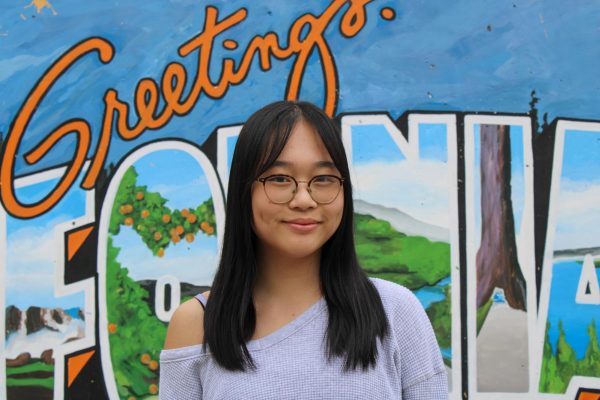
Senior Sophia Liu is at The Californian for a third year as an assistant news editor. She’s hoping to make valuable memories at Cal this year working...
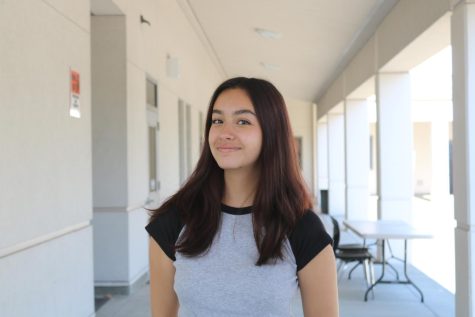
Senior Allison Cavanagh is returning for her second year newspaper as a Social Media Team member. She’s loved writing ever since she was little and would...
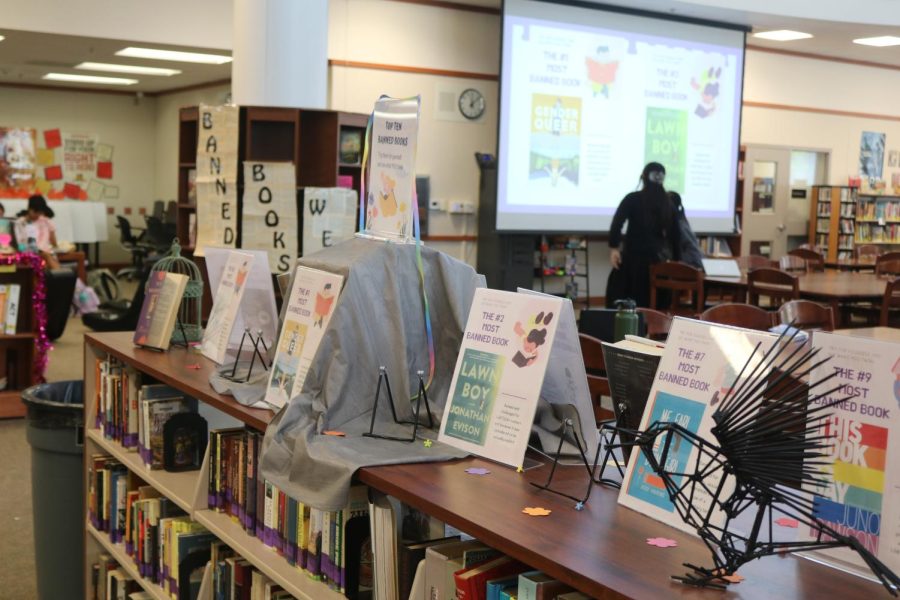
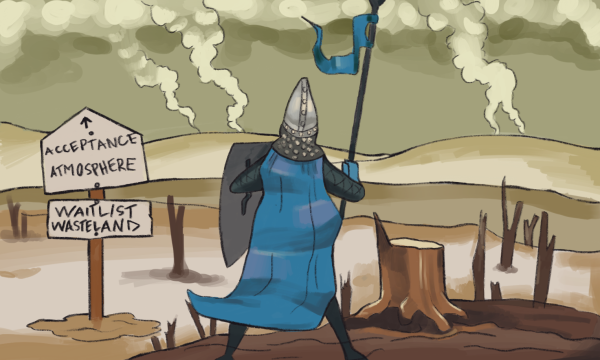

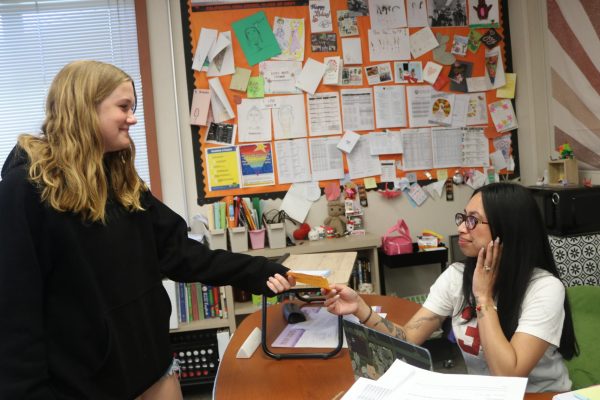
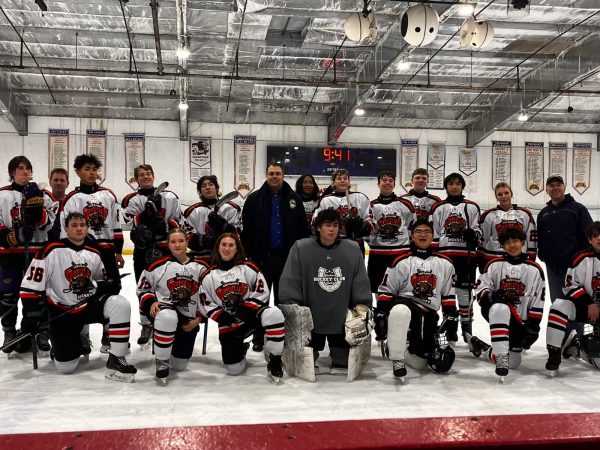
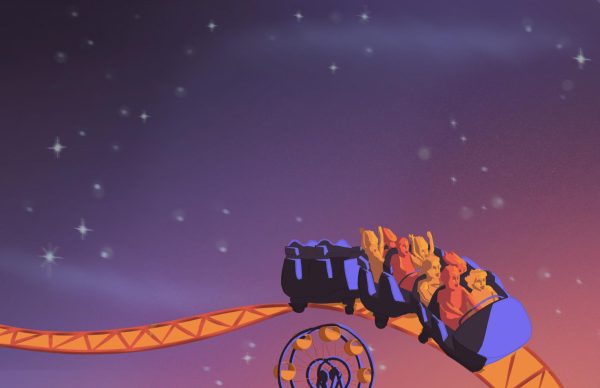
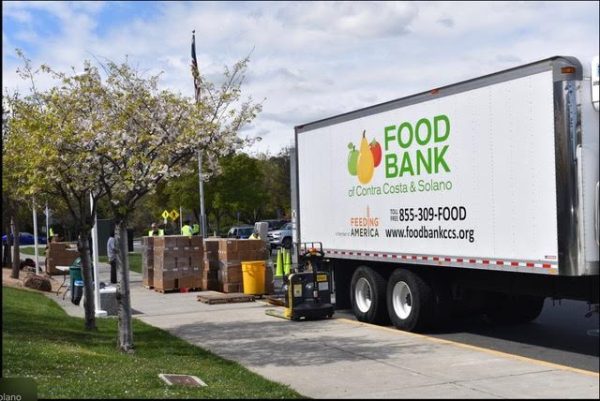
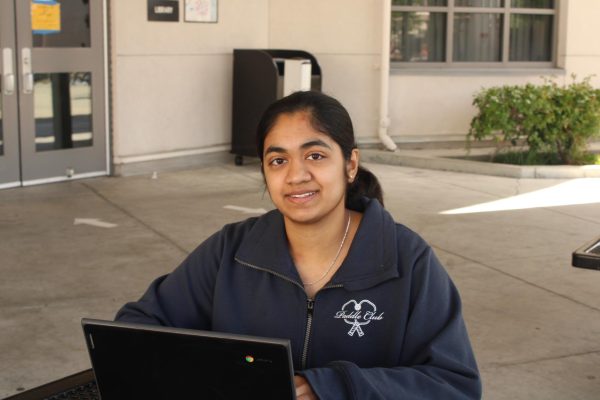
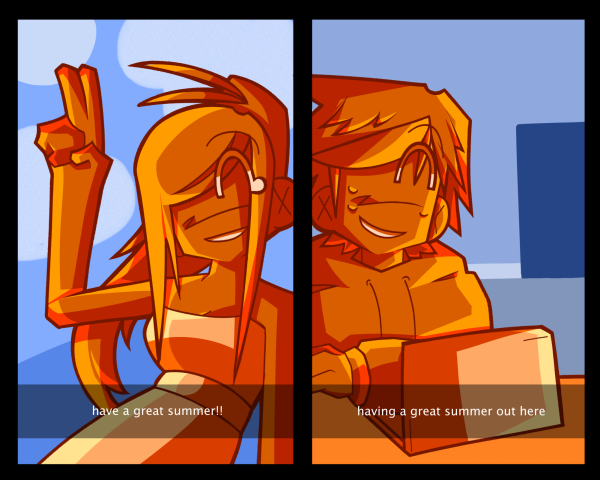
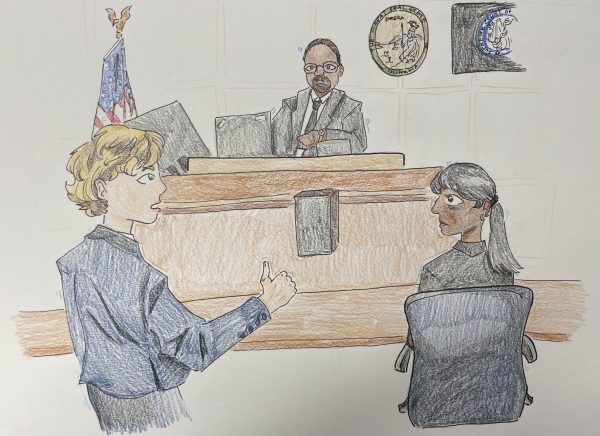
Renae • Oct 14, 2022 at 9:11 am
Intellectual freedom is a constitutional right of every American. The people who push the constitution when it comes to gun ownership are the same people wanting to deprive others of their constitutional to read. What are you afraid of? That your child might “turn” gay? If you want to ban their right to be informed, ask yourself this question first. Can I change my attraction and become “gay” by reading a book? If you can, then you are already there. What exactly are you afraid of?